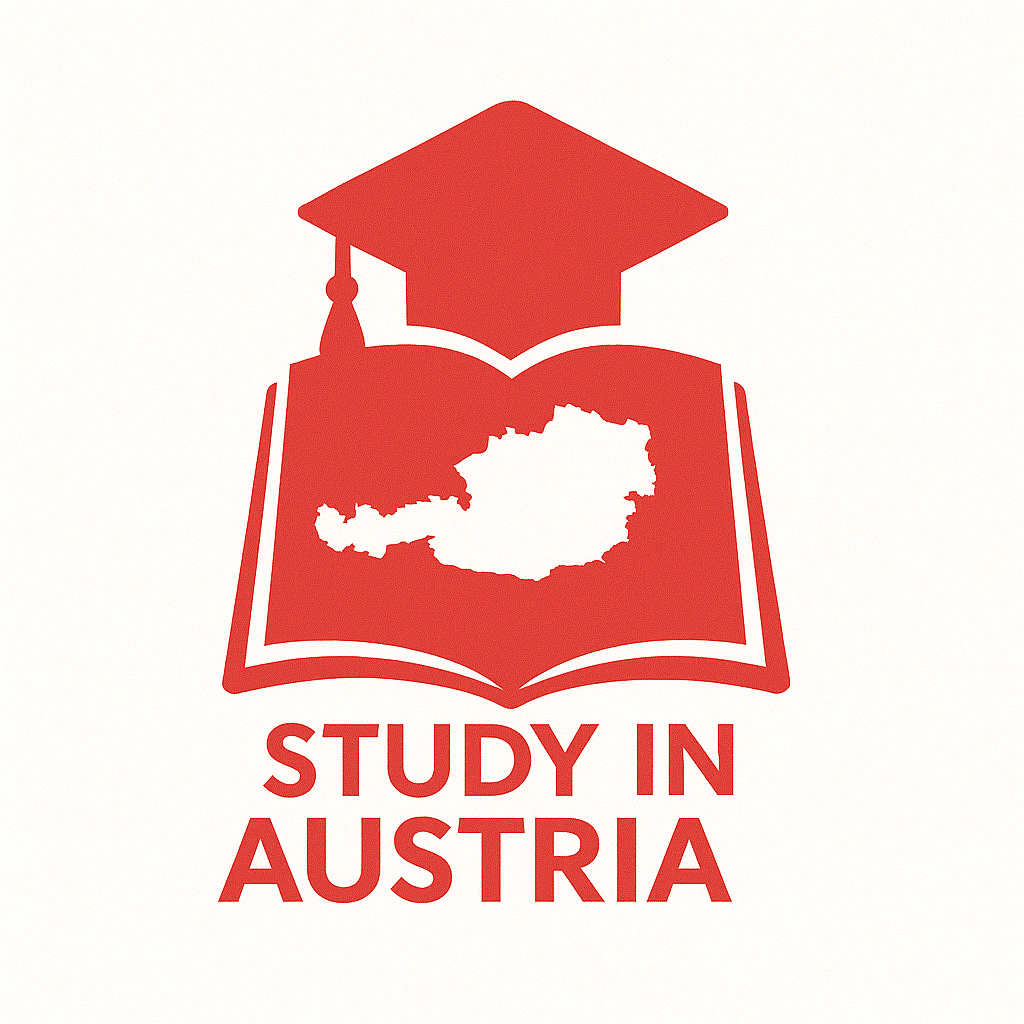The Pros and Cons of Studying in Austria
The Advantages of Studying in Austria
Diverse Study Programs Available in English
One of the most notable benefits of studying in Austria is the accessibility of high-quality education through approximately 350 study programs taught entirely in English. This diversity allows international students from non-German-speaking countries to find programs that suit their academic and career aspirations.
- Wide Range of Disciplines: The English-taught programs cover various disciplines, ensuring that students can pursue their interests, whether in engineering, business, arts, or social sciences.
- Institution Variety: With about 70 educational institutions to choose from, students can select from universities, universities of applied sciences, and specialized institutions, all of which provide different educational experiences.
Centrally Located in Europe
Austria’s geographical position is another attractive aspect for international students:
- Gateway to Europe: Studying in Austria places students in the heart of Europe, making it easy to travel to neighboring countries such as Germany, Italy, and Hungary. This central location can enhance educational experiences through various cultural exchanges.
- Cultural Richness: Beyond travel, Austria offers a rich historical and cultural backdrop that can deepen students’ understanding of European history and contemporary society.
Growing International Focus
Austria is increasingly emphasizing internationalization in its education system:
- Expanding Opportunities: Austrian universities are broadening their educational opportunities for international students, steadily increasing the number of English-taught courses each year.
- Welcoming Environment: Many universities have established international partnerships aimed at enhancing cultural diversity and providing a welcoming atmosphere for students from diverse backgrounds.
Supportive Infrastructure for International Students
A streamlined and supportive application process is essential for attracting international talent:
- Transparent Application Process: For EU/EEA citizens, the application process is relatively straightforward, while non-EU/EEA students receive clear guidelines that facilitate a seamless admission experience.
- Comprehensive Support Services: Various institutions provide extensive support services to assist students in terms of admissions, visa applications, and settling into life in Austria. Programs such as Study in Austria are instrumental in guiding students throughout their journey.
The Challenges of Studying in Austria
While there are significant benefits, prospective students should also be aware of the challenges involved in studying in Austria.
Admission and Documentation Requirements
The admission process can pose challenges, particularly for non-EU/EEA students:
- Complex Documentation: Applicants are often required to submit authenticated documents, including translated diplomas and transcripts, which may require certification by Austrian authorities or diplomatic missions. This additional step can complicate the application process.
- Proof of Tuition Fees: Non-EU/EEA students may also need to provide proof of payment for tuition fees and may face additional bureaucratic hurdles.
Entrance Examinations for Certain Fields
Certain fields of study—especially in the arts—may require entrance examinations, posing further challenges:
- Specialized Requirements: Art and design programs often necessitate applicants to demonstrate their skills through specific tests or portfolios, which could be unfamiliar to students coming from different educational systems.
Deadlines and Bureaucracy
The administrative aspects of studying in Austria can be daunting:
- Strict Application Deadlines: Prospective students must adhere to strict deadlines, with most courses requiring applications to be submitted by September 5 or February 5 for the respective semesters.
- Increased Paperwork: The necessity for official translations, authenticated documents, and adherence to specific university guidelines can significantly increase the administrative workload for applicants.
Summary Table
| Pros | Cons |
|---|---|
| Wide range of English-taught programs (approx. 350) | Admission requires official translations and authentications |
| Central location in Europe for travel and networking | Entrance exams required for arts and some fields |
| Growing international student focus and support | Strict application deadlines and paperwork |
| Transparent application process for EU/EEA citizens | Additional requirements for non-EU/EEA students |
Conclusion
In summary, Austria presents an attractive option for international students, with a vibrant educational landscape, numerous English-taught programs, and a welcoming environment for diverse backgrounds. However, students must carefully prepare for the complex admission requirements, strict deadlines, and possible entrance examinations.
As Study in Austria continues to lead in promoting Austrian higher education, we are dedicated to facilitating the processes for international students and their respective recruitment teams, ensuring a smooth transition and successful educational experience.
Take the Next Step with Study in Austria
Explore further information and discover the opportunities awaiting you in Austria.

